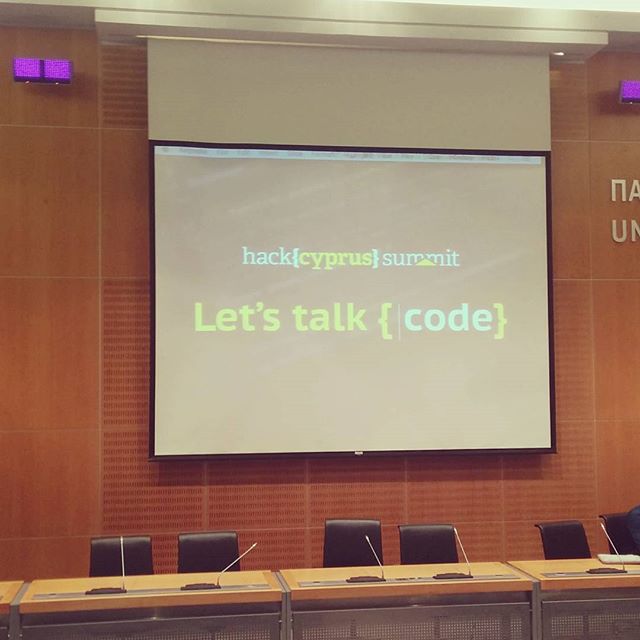Location: Limassol District
Year: 2017
HackCyprus Summit
Cyprus
All 500 of the World’s Top 500 Supercomputers Are Running Linux
Slashdot shares the story:
Linux rules supercomputing. This day has been coming since 1998, when Linux first appeared on the TOP500 Supercomputer list. Today, it finally happened: All 500 of the world’s fastest supercomputers are running Linux. The last two non-Linux systems, a pair of Chinese IBM POWER computers running AIX, dropped off the November 2017 TOP500 Supercomputer list. When the first TOP500 supercomputer list was compiled in June 1993, Linux was barely more than a toy. It hadn’t even adopted Tux as its mascot yet. It didn’t take long for Linux to start its march on supercomputing.
From when it first appeared on the TOP500 in 1998, Linux was on its way to the top. Before Linux took the lead, Unix was supercomputing’s top operating system. Since 2003, the TOP500 was on its way to Linux domination. By 2004, Linux had taken the lead for good. This happened for two reasons: First, since most of the world’s top supercomputers are research machines built for specialized tasks, each machine is a standalone project with unique characteristics and optimization requirements. To save costs, no one wants to develop a custom operating system for each of these systems. With Linux, however, research teams can easily modify and optimize Linux’s open-source code to their one-off designs.
Fedora 27
 Fedora 27, the latest and greatest version, has been released. As always, a lot of work went into putting it all together. But for personally, the new releases has stopped being exciting a long time ago. My desktop needs have been satisfied for years. All I need is MATE Desktop Environment (with i3 window manager), a browser, terminal emulator and Vim. That’s pretty much it. And it has been there forever.
Fedora 27, the latest and greatest version, has been released. As always, a lot of work went into putting it all together. But for personally, the new releases has stopped being exciting a long time ago. My desktop needs have been satisfied for years. All I need is MATE Desktop Environment (with i3 window manager), a browser, terminal emulator and Vim. That’s pretty much it. And it has been there forever.
So, is there anything interesting in this new version at all? Release Notes are rather thin, but let’s have a look.
- New and improved Gnome 3.26. I know a lot of people who use Gnome, so that’s probably exciting.
- New LibreOffice 5.4. Personally, I don’t know anyone who is using LibreOffice. Google Docs is doing a pretty good job these days.
- Security section looks like the largest area of changes.
- Web Development section mentions Node.js 8.
If you want even more details on what has been done, why and how, have a look at the Fedora 27 changes page.
To me it looks like there is some internal restructuring and reorganization going on, with release process changes (no more Alpha releases), a lot of effort on modularity, and so on.
Hopefully, the next one will be a bit more exciting.


